Want to know how to prevent high dental bills? Start with small, daily habits that protect your smile and save you money long term.
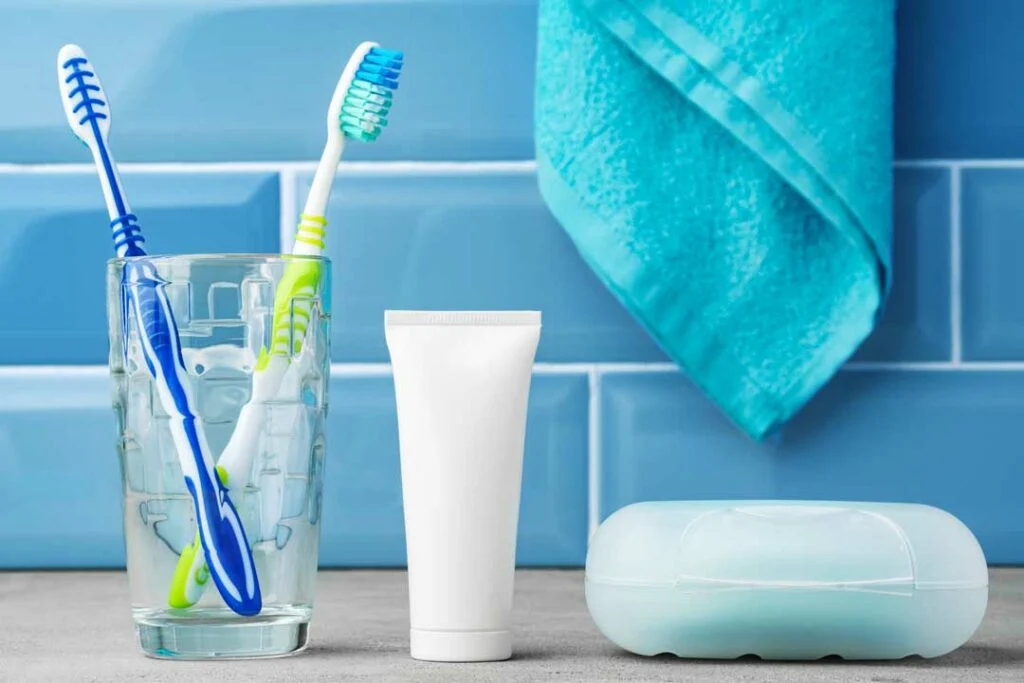
It’s Monday morning, and the alarm starts ringing loudly. You can barely open your eyes, and then, suddenly, you realize you’re late for work. At the beginning of a new challenge or a change in your life, it may be difficult to adjust your routine accordingly, but when it comes to avoiding high dental bills, it’s important.
How to Prevent High Dental Bills with Daily Habits
Skipping simple habits like flossing, fluoride treatments, and brushing your teeth at least twice a day can bring serious consequences and high dental bills.
However, taking a few extra minutes now to care for your teeth can help you avoid costly procedures, such as implants, root canals, and other treatments down the road.
Things You Don’t Want to Hear about Preventing High Dental Bills
A root canal is an example of a dental procedure used to repair and save a severely decayed or infected tooth. It involves removing the infected or damaged pulp (the soft tissue inside the tooth), cleaning and disinfecting the inside of the tooth, and then filling and sealing it.
This procedure aims to relieve pain, eliminate infection, and save the natural tooth. A root canal can range from a few hundred to a couple of thousand dollars. The cost varies depending on the severity of the disease and the type of dental professional who treats the problem.
The Prevention Phase
It all starts with good hygiene and consistency. If you have healthy gums, strong teeth, and a good routine, you are less likely to lose a tooth here and there.
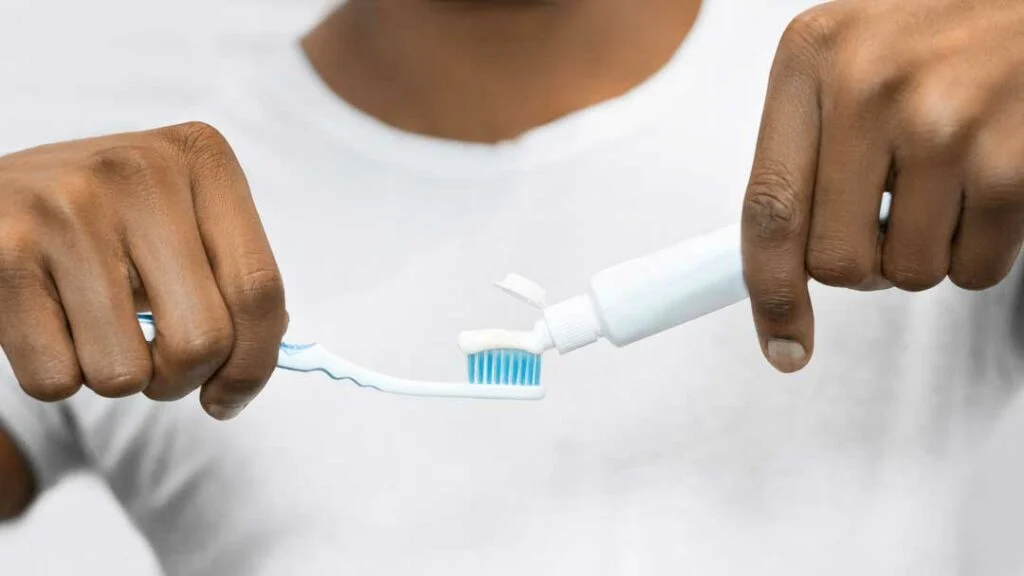
I know when we get older, it gets harder to be consistent with all the distractions that are literally in our face from the moment we wake up, but this is more than just flossing or mouthwash… this is the prevention phase.
Do your part to prevent high dental bills in the future, your pockets and smile will thank you later.
5 tips will help you keep your natural teeth healthy:
- Brush your teeth at least twice a day, and floss daily to remove plaque and bacteria that can cause tooth decay and gum disease.
- A healthy diet and regular exercise can help keep your teeth and gums healthy.
- Regular dental cleanings and checkups can help detect small cavities that can be filled before the tooth needs to be extracted.
- Sealants and fluoride treatments can help prevent tooth decay and other dental problems, potentially saving you from more costly restorative procedures down the road.
- If you experience dental pain or notice any changes in your teeth or gums, don’t ignore them. Addressing dental issues promptly can help prevent more severe problems that may require expensive treatment.
Brush…Brush…and Brush.
Brushing your teeth in the morning and before bed needs to be an unbreakable habit. Using fluoride toothpaste is a great way to protect your oral health. It removes plaque, prevents cavities, and keeps your gums healthy.

This simple two-minute habit is one of the easiest ways to reduce your dental bills. Skipping a brushing session allows bacteria to build up, which can lead to decay and gum disease. You might be surprised at how much better your dental visits go when you make brushing a priority.
Flossing is equal to brushing
Flossing can be easily marked as “not as important” as brushing in your brain, but there is a reason why dentists ask you if you do it daily. Flossing cleans the space between your teeth and plaque buildup that can eventually lead to cavities and gum disease.
Gum disease is among the top causes of tooth loss in adults, and flossing is one of the best ways to prevent it. Regular flossing keeps your mouth healthier overall. Aim to Floss daily, even if it’s just a quick session, it’s the effort that counts.
Fluoride Mouthwash
Adding a fluoride mouthwash to your daily routine can provide an extra layer of protection against cavities.
What fluoride does is strengthen enamel and helps repair early stages of decay, reducing your need for fillings or more extensive treatments.
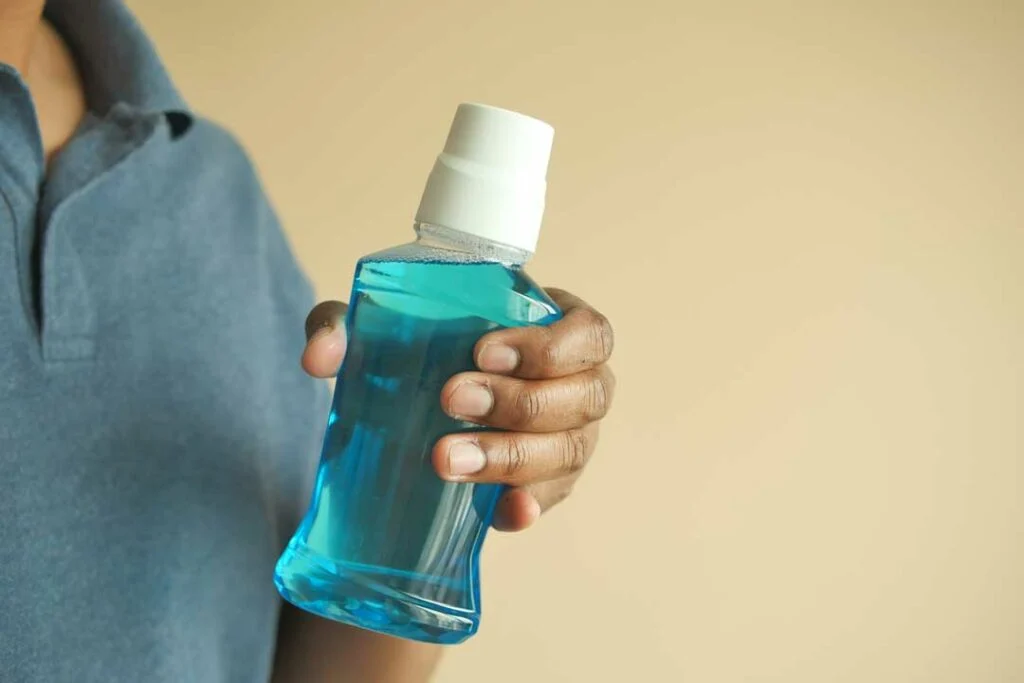
Swish and spit for about a minute after brushing and flossing to maximize the benefits.
Stop Teeth-Grinding
Grinding your teeth, also known as bruxism, can wear down your enamel, cause sensitivity throughout your mouth, and even crack your teeth, which is not a pretty sight. Pay attention to your teeth when brushing, checking for different shapes, cracks, or sharp edges.
For many people, teeth grinding occurs at night without their awareness. Over time, this could result in severe damage and substantial dental bills. If you suspect you grind your teeth, consult your dentist about getting a custom night guard.
While it’s an upfront investment, it’s much cheaper than repairing the damage caused by unchecked grinding.
Drinking Plenty of Water
Drinking water is crucial for maintaining good oral health. It helps rinse away food particles and bacteria that can lead to cavities and gum disease. Did you know that water makes up a significant portion of the human body (50-70%) and is vital for every cell, tissue, and organ to function properly?

Water helps flush out waste products through urine, perspiration, and bowel movements. Additionally, fluoridated water strengthens tooth enamel and can help prevent tooth decay.
Stay Away From Sugar!
Sugary drinks and candy can contribute to tooth decay by feeding harmful bacteria in your mouth. Sugary snacks stick to your teeth and provide fuel for bacteria to produce acid and erode your enamel.
It sounds like an exaggeration, but it is the real deal. By swapping out one sugary snack for raw vegetables like carrots, celery, or cucumbers, you’re giving your teeth a break. Vegetables are low in sugar and high in water content, which helps clean your teeth as you eat.
Regular Dental Checkups and Insurance
Setting up an appointment to see a dentist regularly can save you money in the long run. Professional cleanings and exams help catch problems early, when they’re easier and cheaper to treat.
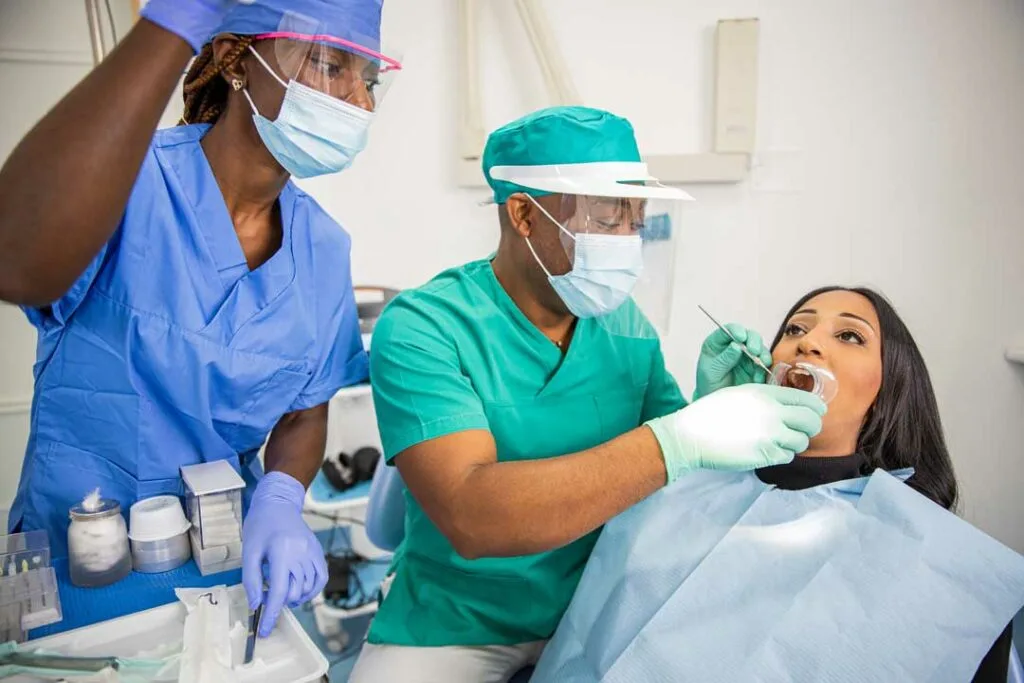
Exploring dental insurance options can considerably reduce out-of-pocket expenses for oral health care. It is important to understand the coverage limitations and benefits offered by different plans. You can usually use insurance benefits to cover preventive procedures, but they tend to minimize coverage for high dental bills.
It would be a great idea to aim for at least two dentist visits a year to stay ahead of potential problems.
Negotiating Fees and Payment Plans for High Dental Bills
Most dental professionals emphasize that preventive care is the best thing that you can do to avoid high dental bills. Regular brushing, flossing, and professional cleanings help prevent the development of costly dental issues such as cavities, gum disease, and tooth loss.
These preventive measures include looking into dental insurance plans, payment plans, and always discussing your financial concerns with the dentist to make sure you address any uncertainty. By staying informed and proactive, you can take control of your dental health while keeping costs manageable.
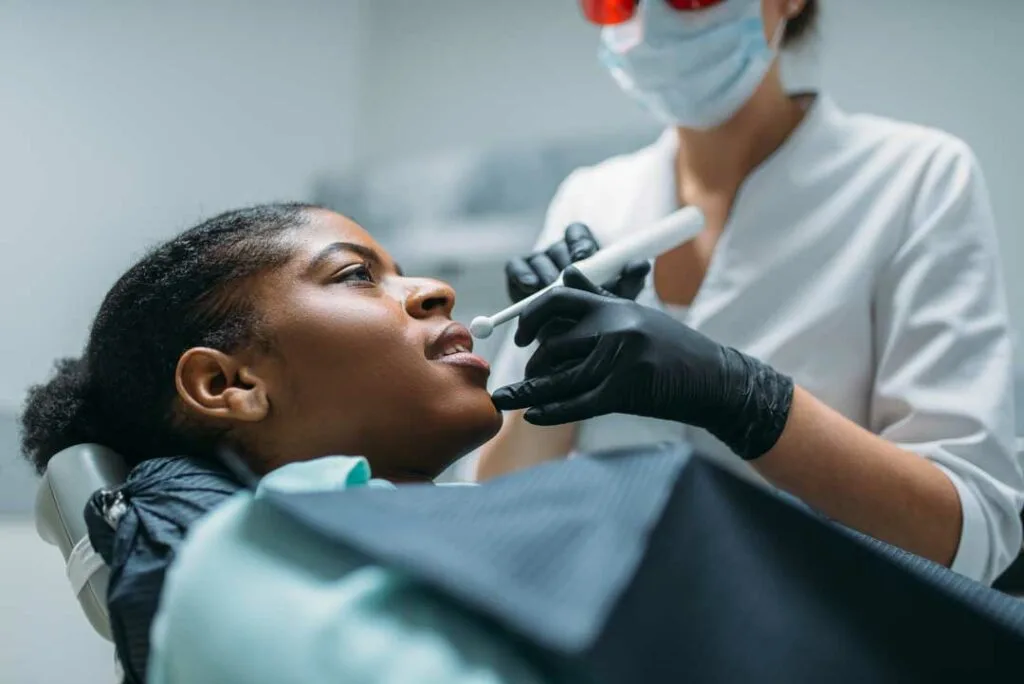
If a payment plan is not an option, there are emergency loans available to help you pay for a new crown or a simple cleaning, including your annual X-rays. Use an emergency loan calculator to figure out how much you need to cover your needs so you can take care of yourself.
Negotiating fees and payment plans for dental bills can help reduce the financial burden of necessary treatments. Some dental practices often offer flexibility in pricing and payment options, especially for patients without insurance coverage.
Request a detailed treatment plan that includes associated costs, payment plan options, and discuss alternative, cost-effective treatment options. If you have financial concerns, talk to your dentist before you make an appointment.
Affordable Dental Care Tips to Avoid Costly Procedures
How to prevent high dental bills comes down to consistent care and smart planning. Brushing and flossing daily, visiting the dentist regularly, and making healthy lifestyle choices all help avoid expensive procedures.
Combine these habits with preventive treatments and good dental insurance to save money while protecting your smile for years to come.

Jessi is the creative mind behind The Coffee Mom, a popular blog that combines parenting advice, travel tips, and a love for all things Disney. As a trusted Disney influencer and passionate storyteller, Jessi’s authentic insights and relatable content resonate with readers worldwide.
